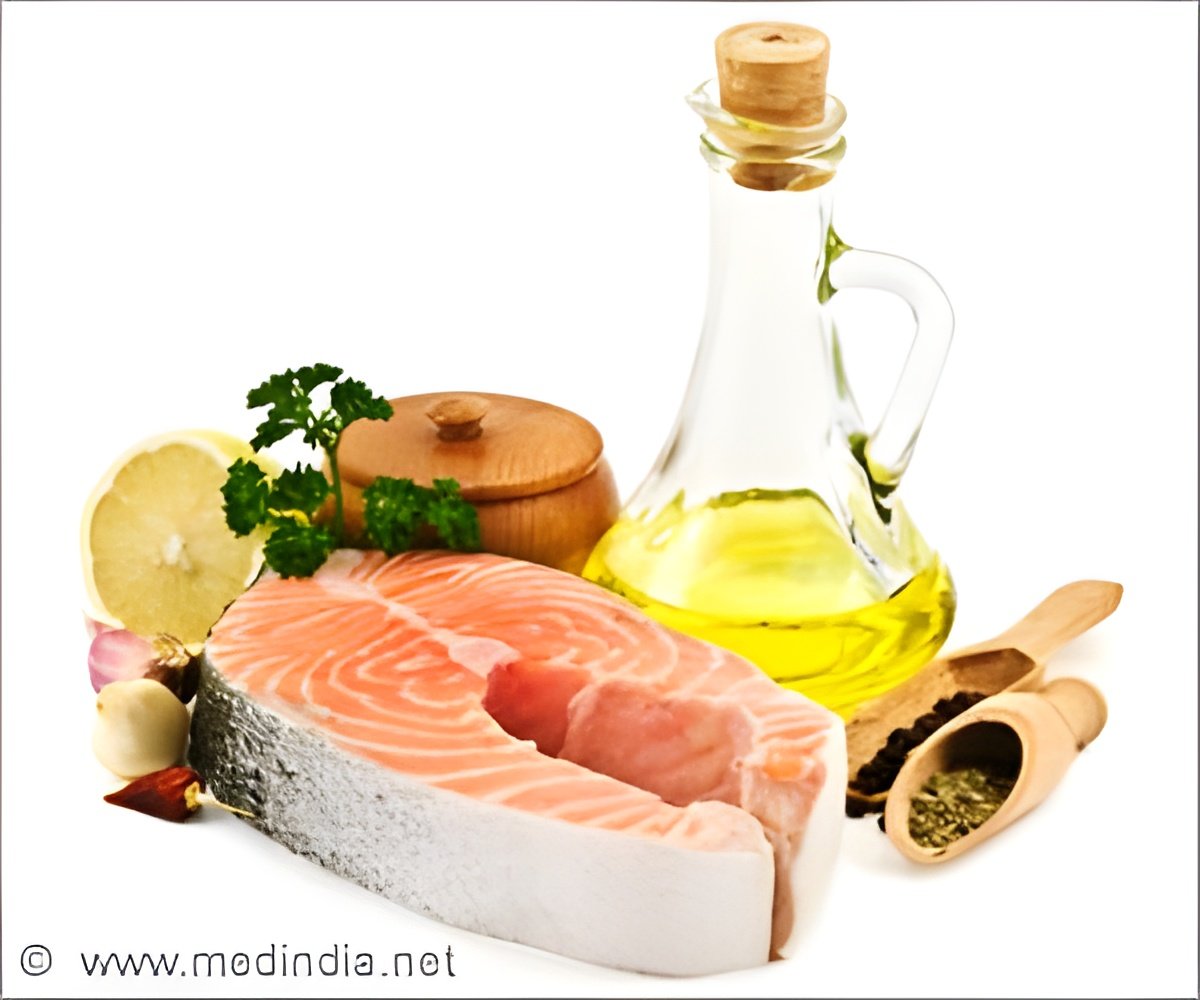Unexpected link between levels of the amino acid leucine and the development of tamoxifen resistance in ER+ breast cancer has been discovered.

TOP INSIGHT
A leucine restricted diet can prevent growth or enhance response to therapy for ER+ breast cancer cells in mice.
"Patients with ER+ breast cancer who develop endocrine-resistant and metastatic cancer have very poor life expectancy, usually less than five years survival, because they have limited treatment options available," said Muthuswamy, who is Director of the Cell Biology Program and Deputy Director of Translational Research in the Cancer Research Institute at BIDMC. "Our findings in the lab demonstrate that decreasing leucine levels suppresses proliferation of tumor cells, whereas increasing leucine enhances it. Furthermore, the findings open up the possibility that a low-leucine diet could be beneficial for patients with ER+ breast cancer."
Leucine is one of the 20 amino acids - the building blocks of all proteins in our body - and is among the 9 essential amino acids that must be obtained via food. Beef, chicken, pork and fish are all rich sources of leucine. Because cells can't produce leucine on their own, Muthuswamy and colleagues were able to test how manipulating levels of leucine in cells cultured in a dish would affect the growth of human derived ER+ breast cancer cells. The researchers reported that decreasing leucine levels suppressed ER+ breast cancer cells' division, while a tenfold increase of the amino acid enhanced it.
"Because animal proteins have higher amount of leucine compared to plant proteins, this study begins to identify a diet intervention strategy to help patients with ER+ breast cancers," said Muthuswamy. "Our research does not imply that animal proteins will enhance growth of breast cancer cells - only that lowering leucine levels can be beneficial for patients diagnosed with ER+ breast cancer."
Surprisingly, the scientists also discovered that cells that were induced to become resistant to tamoxifen gained the ability to grow despite low levels of leucine. Further investigation revealed that a protein on the surface of cells, called SLC7A5, required for ferrying leucine into the cell, is present at higher levels in cells resistant to tamoxifen. Increasing the levels of SLC7A5 allows cells to absorb more leucine and was sufficient to make breast cancer cells resistant to tamoxifen and inhibiting SL7A5 using chemical inhibitor was sufficient to shrink ER+ tumors in mice. Muthuswamy believes inhibiting SLC7A5 could be a potential therapeutic approach in the treatment of ER+ breast cancers.
Even so, the discovery is in keeping with previous reports that decreasing overall leucine intake can lead to better metabolic health, Muthuswamy added. Decreasing the amount of total protein in the diet is known to improve metabolic health and longevity in rodent studies. Recent studies in human and mice demonstrated that that a low leucine diet can provide similar benefits. While protein restriction can make it difficult to meet daily nutrient requirements, a diet made-up of low- leucine plant proteins may be a better alternative for patients with ER+ breast cancer.
Source-Eurekalert
 MEDINDIA
MEDINDIA




 Email
Email










